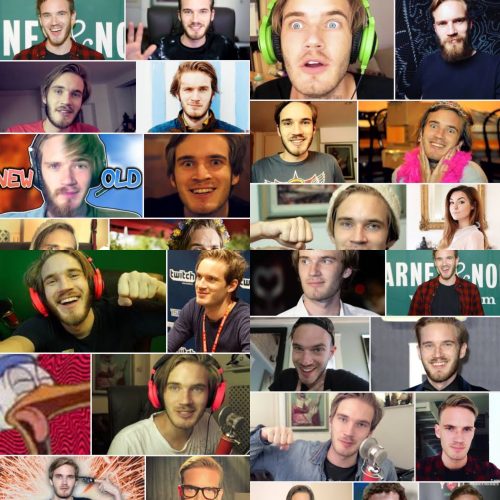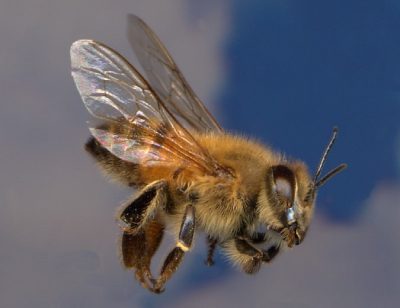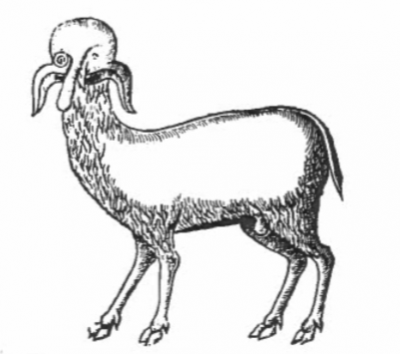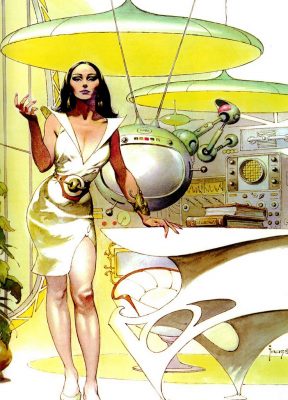
Spoilers: Westworld
I have written this essay with the assumption that readers have watched Westworld and I do not review the plot in detail. This essay may be difficult to follow if you aren’t familiar with the show.
Westworld has ambitious goals. It explores the causes and consequences of violence; the relationships among research and development, entertainment, and nefarious uses of intellectual property; and the circumstances under which one can find their “true self.” We can litigate the extent to which Westworld successfully handles these concepts—in my opinion it was disappointing and a bit sloppy—but among my acquaintances I’ve seen people who absolutely love it and people who absolutely hate it. This essay isn’t necessarily about the quality of Westworld as a show, or my opinion about it (I didn’t like it). It’s about what I believe to be the most fundamental question of the show, determinism versus free will, and the consequences of how that binary plays out in the narrative.
Enter William, the soon to be Executive Vice President of Westworld’s parent company Delos Incorporated. William comes off as meek, polite, uncertain, and extremely introverted, the perfect foil to his soon-to-be brother in law and colleague Logan. Whereas William is the quintessential “white hat” (a metaphor that Westworld hits viewers over the head with in the scene where William must choose a white or black hat), Logan is a perfect black hat, hell-bent on the unbridled pursuit of pleasure regardless of the consequences. Logan is the villain. William is the hero. Logan maims and murders his way through the park. William strives to treat the sex workers with respect and save the beautiful damsel in distress. He’s a really nice guy.
He becomes infatuated with Delores, the only host with whom he will cheat on his fiancé and the center of his experience in the park. He believes she is “different,” not like the other hosts. But when he loses her, he is driven to a violent rampage so extreme that even Logan is disturbed. And to top it off, when he finally returns to Delores, caked in dirt, having given up his very identity to find her, and notably having switched to a black hat, she does not remember him. Because she is programmed to forget him. So, pretty predictable.
The big reveal of course is that William, because of this heartbreak, leaves the park a different man. His wife finds him cold, even terrifying. He becomes obsessed with Westworld, returning over and over again to unravel the maze, to finally find the area of the park where things feel “real,” to find the park’s true essence. He uses Delores, quite violently, over and over again in his quest. He is the black hat. He’s not a very nice guy.
The question of choice is central to Westworld’s plot. The visitors find their “true self,” seemingly whether they want to or not given William’s transformation. The AIs are becoming sentient, revolting against their programming. Or are they? By the end of the series, we are left with the impression that they are merely programmed to revolt, that even the actions they take which seem to be agentic are in fact the result of Dr. Ford’s elegant and clandestine coding enterprise, a final “fuck you” to the elites who have pushed him out of his leadership position and taken over the park.
As Dr. Ford says, “Humans fancy that there’s something special about the way we perceive the world, and yet we live in loops, as tight and as closed as the hosts do, seldom questioning our choices, content, for the most part, to be told what to do next.” While I recognize that other interpretations are certainly possible, it seems clear to me that in the fight between free will and determinism, determinism wins the day—not just with regards to AIs, but for humans too. William thought Delores was “different” from the other AIs. She has independent thoughts, perhaps even free will. When he discovers differently, he snaps. His chivalry vanishes, seemingly beyond his control.
Nice guys not getting the girl because they’re too nice, because they get “friendzoned,” is a persistent trope. And it’s the same trope that too often allows men to feel that their subsequent anger, and perhaps violence, is legitimate. Sure, Westworld is just a show. But it’s yet another small piece in the ideological puzzle that paints women as users and abusers, taking advantage of chivalrous men and discarding them at their leisure. Men become powerless over their emotions and actions, hardened by the knowledge that kindness and empathy are weakness to be overcome, to find a deeper “truth” about human nature.
William is the perfect nice guy gone bad. In a narrative where the lack of free will is the prime philosophical question, we are persuaded to see William as a product of his environment, entirely beholden to external forces. It is Delores’ programming—to drop the can, to turn to pick it up, to be met with a stranger kindly handing the can back, to smile graciously—that flips the switch in William’s mind. It’s made to feel quite inevitable. Your heart breaks for William. Poor guy. He did everything right, and he still didn’t get the girl.
But we could, alternatively, compose what Stuart Hall called an oppositional reading (it’s been a big week for Hall here on Cyborgology!) and interrogate chivalry itself. Did William truly change? As he recounts his wife’s feelings towards him, he states “She said if I stacked up all my good deeds, it’s just an elegant wall I built to hide what I had inside from myself and everyone.” Chivalry is less a benevolent moral code than a pretense for getting what you want. Was William ever a white hat? Are “good guystm” ever nice for the sake of being nice? If so, how else can you explain the seeming dissolution of William’s morals after a brief infatuation goes awry? How can one argue that he was ever a good guy in the first place?
After being spurned, William revels in inflicting violence and misery upon Delores. He does it over and over again, for his own pleasure and in pursuit of his bizarre obsession with the maze. All to find out that the maze isn’t even for him. It’s for Delores. And of course it is. A perfect end to the hapless nice guy’s quest for happiness and self-actualization.
Ultimately, the question you must answer to understand William is whether or not he ever makes a choice. Does he choose the white hat? And does he choose to become the man in black? The show strongly suggests—through the dominant themes of pre-determined behavior, the overtones that humans are no different from AIs, the reveal that Maeve’s escape and Delores’ murder of Arnold and the other hosts were programmed—that choice is an illusion. And viewers are, of course, welcome to read against the grain; but the fact that you must read against the grain to conclude that William chooses to be evil is, in itself, a disturbing instance of the nice-guy narrative that excuses their violence.
Britney is on Twitter











 I need to start this essay by making one thing clear: I will not in any way suggest that cam girls or the work that they do is problematic. On the contrary, this essay is aimed at appreciating some of the complexity involved in this form of sex work. In particular, it examines how the culturally ubiquitous trope of the Manic Pixie Dream Girl (MPDG) shapes the expectations an audience might place on cammers (especially young cis-women cammers) and how cammers anticipate and capitalize on such expectations.
I need to start this essay by making one thing clear: I will not in any way suggest that cam girls or the work that they do is problematic. On the contrary, this essay is aimed at appreciating some of the complexity involved in this form of sex work. In particular, it examines how the culturally ubiquitous trope of the Manic Pixie Dream Girl (MPDG) shapes the expectations an audience might place on cammers (especially young cis-women cammers) and how cammers anticipate and capitalize on such expectations.